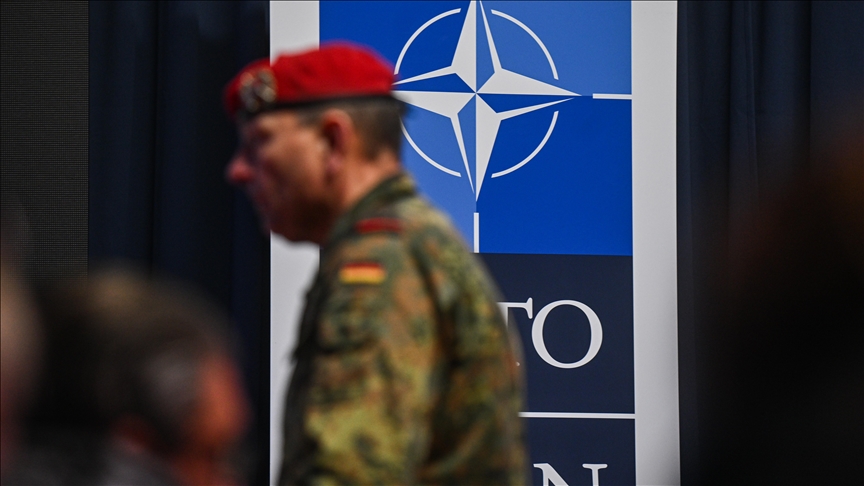Germany's Ukraine troop decision hinges on US role, Chancellor Merz tells allies
Friedrich Merz tells Ukraine's allies that Germany wants to contribute to 'security guarantees' for Ukraine after negotiated solution, focusing on arming and training Ukrainian army

BERLIN
Germany's decision on sending troops to Ukraine will depend on US involvement and parliament's approval, German Chancellor Friedrich Merz told a virtual summit of allies on Thursday.
According to Merz's spokesman, the chancellor told the leaders of the coalition of the willing that Germany wants to contribute to "security guarantees" for Ukraine after a negotiated solution, focusing on arming and training the Ukrainian army.
“The focus must be on financing, arming, and training the Ukrainian armed forces. Germany has become Kyiv's most important partner in this area. The German government is prepared to expand this,” Merz told his colleagues, according to spokesman Stefan Kornelius.
“Germany will decide on military involvement in due course, once the framework conditions have been clarified. This concerns, among other things, the nature and scope of any US involvement and the outcome of a negotiation process. The German parliament will decide on a national mandate,” he added.
French President Emmanuel Macron hosted the summit of Ukraine's allies at the Elysee Palace in a hybrid format. Ukrainian President Volodymyr Zelenskyy, Polish Prime Minister Donald Tusk, and European Commission President Ursula von der Leyen attended in person, while most other leaders joined remotely. US President Donald Trump's special envoy Steve Witkoff also participated in the meeting.
Following the meeting, the chancellor's spokesman said that while Europeans will continue supporting Trump's peace efforts, including a potential meeting between Ukrainian and Russian leaders, they will also explore ways to increase political pressure on Moscow.
“It is important to continue working towards a summit with the participation of President Zelenskyy. A ceasefire must be agreed there. If the Russian side continues to play for time, Europe will increase the pressure of sanctions in order to improve the chances of a diplomatic solution,” spokesman Kornelius said.








